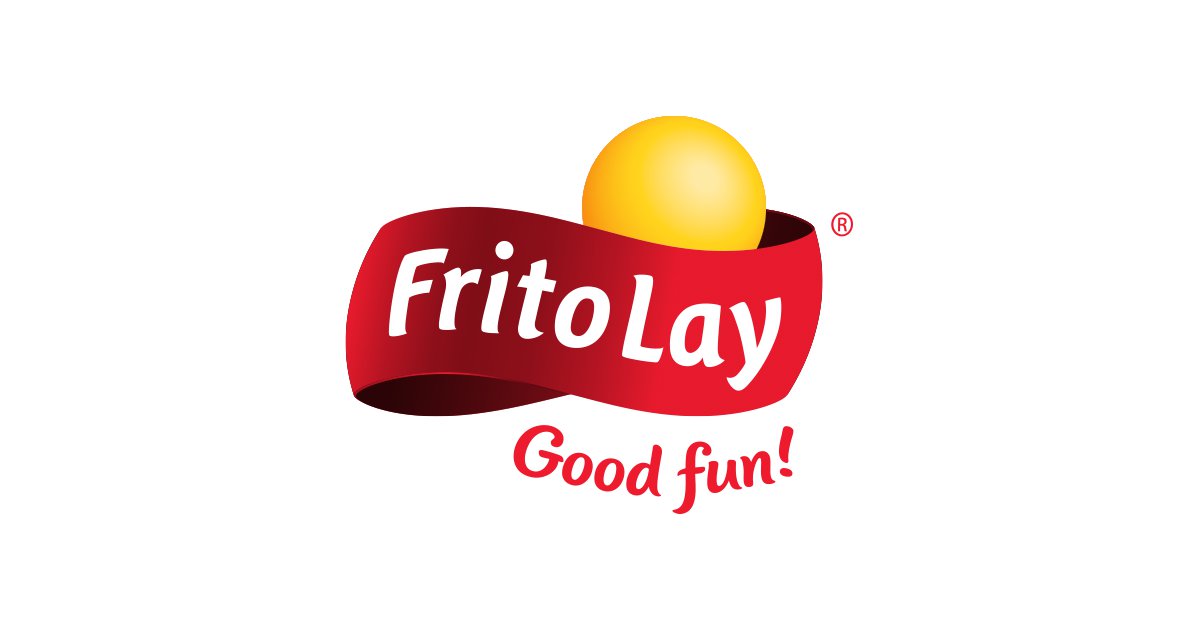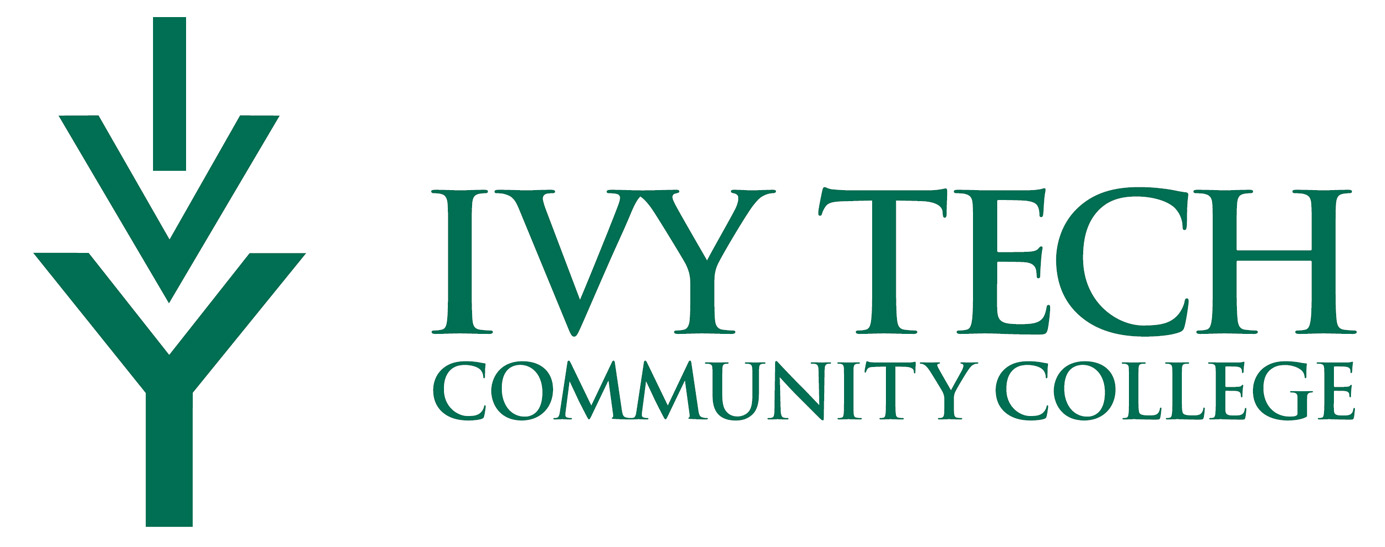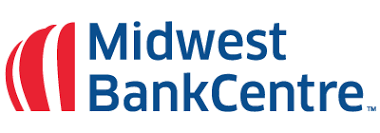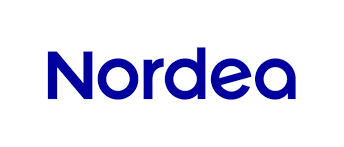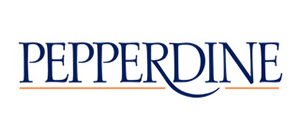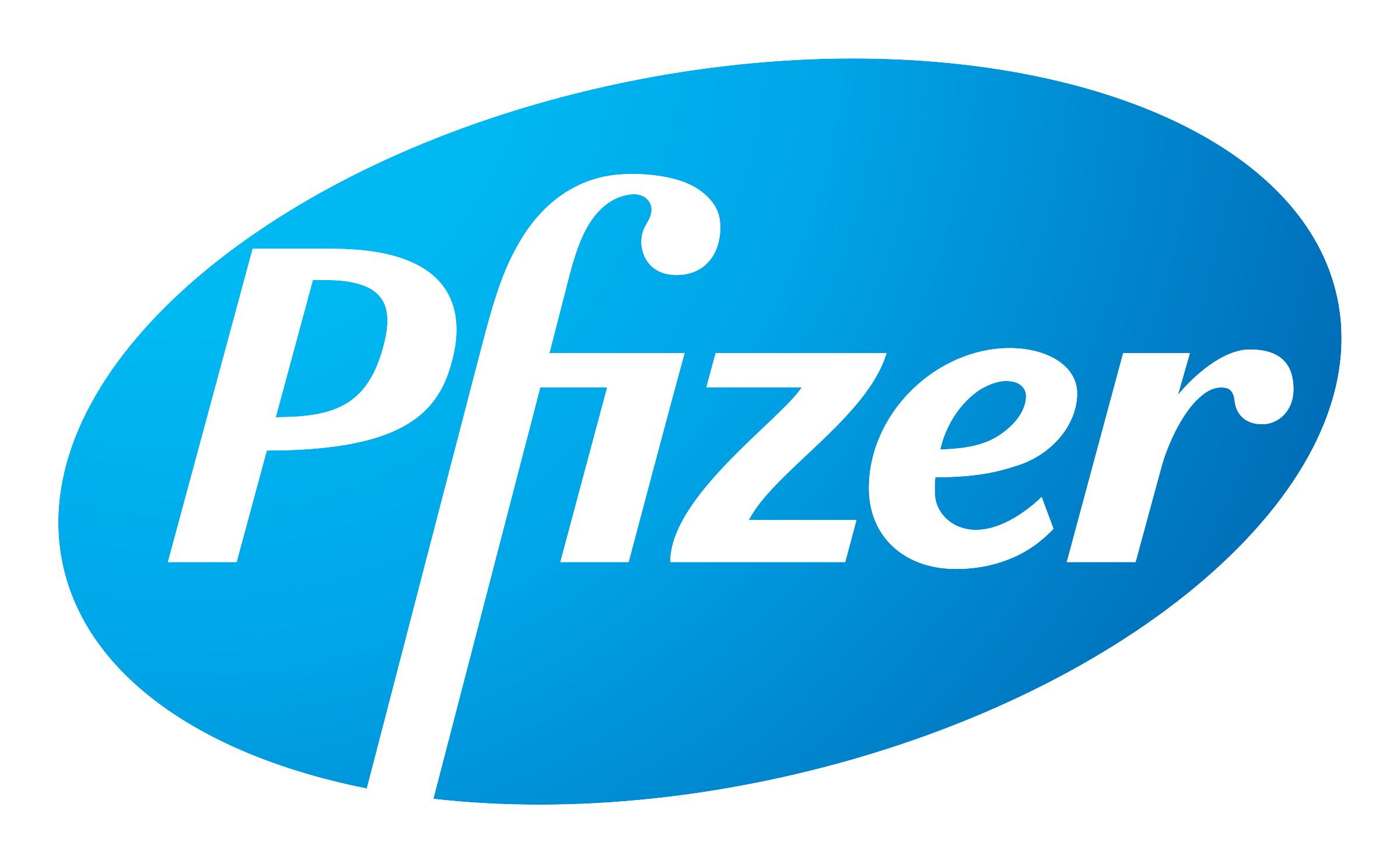But What If We Fail?
Is your organization or are you afraid of the good that can come out of making “mistakes”?
But What If We Fail? Can Failing Help Innovation?
Introduction

How Can This Affect Innovation?
The million dollar question, is does innovation happen faster when we try to build the perfect mouse trap right away, or if we get out there and collect information to fix ultimately what we truly don’t know the answer to. The answer likely lies somewhere in between.
Can we instill a mindset into our corporate culture that fosters rewarding some level of mistakes?
Creativity and growth can be hampered to a grinding halt through an inability to to take some risks. It can also be stymied by fear of trying. Does your organization stimulate ideas or does your organization have a culture that prevents people from turning on their creative mind?
As the Wright Bros. showed us, a few crashes here and there are the lifeblood of innovation.

Summary Of Learnings
- While many of us may excel in analytical thinking and problem solving, we often show poor creative thinking and problem solving
- Our ability to improve creative thinking and enhance innovation can be fostered by a creative problem solving process and a set of process skills. One of these skills is an openness to new ideas.
- A lack of innovative thinking can show up in organizations in six main ways or “patterns,” as follows: getting bogged down; trusting myself and my colleagues; parlor discussion or applied action?; wanting a new management style but…; change: fearful or fearless; and sharing the risk.
- The process of organizational creativity is actually a process of mainstreaming innovation, or continually finding important corporate problems, solving those problems and implementing the solutions.
- People in innovative organizations foster an environment that emphasizes the importance of innovation, rather than simply measuring, managing and rewarding efficiency.
- The innovation process consists of four creative problem solving styles: generating, conceptualizing, optimizing and implementing. Each corresponds to a discrete quadrant of the process.
- All individuals and organizations have peculiar blends of these four problem solving styles, defined as a creative problem solving profile. In order to succeed in innovation, a team requires members who learn to use their differing strengths in all four quadrants to complement one another.
- In order to carry out innovation, individuals and organizations must learn and apply three specific process skills. These process skills include deferring judgment, active divergence and active convergence.
- An organization must establish structures and processes that encourage team members to use the innovation process and process skills.
Ready To Drive Change?
You’re an innovator. You just don’t know it yet. Let us show you how.
Understand your individual and team innovation style
Learn more about our innovation programs.
Contact us to drive more innovation in your teams.










